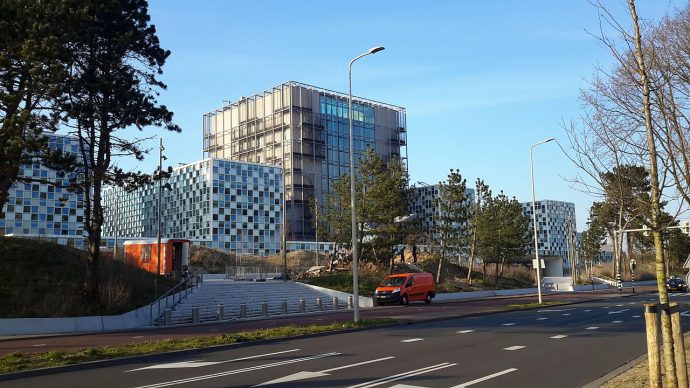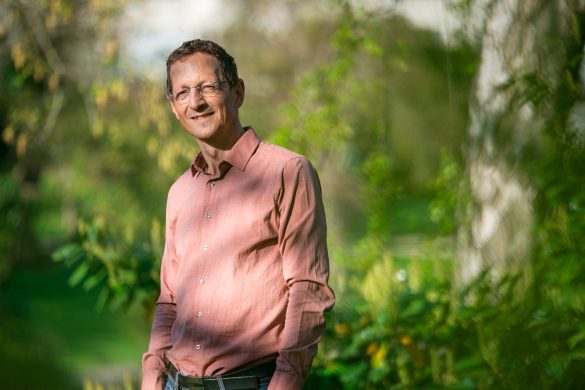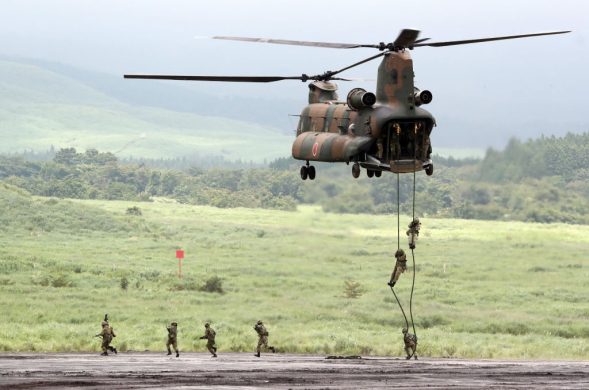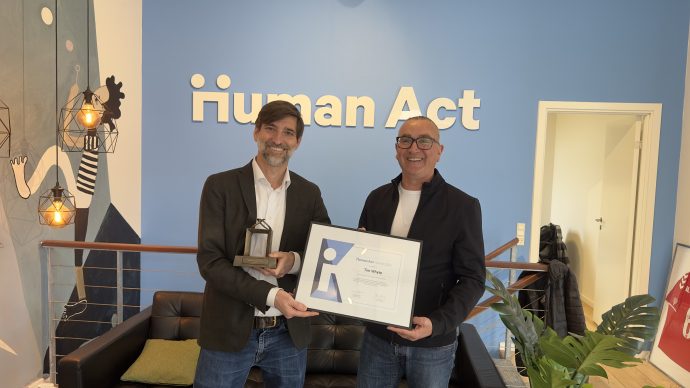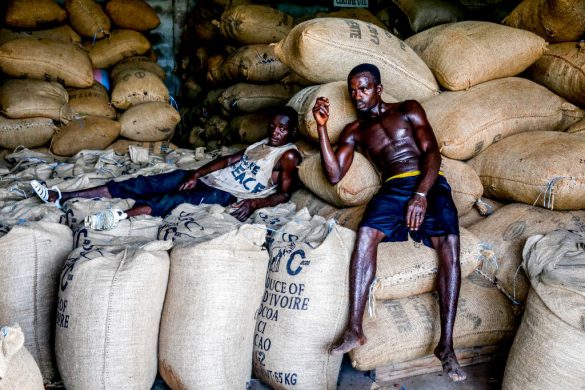Det glæder den britiske NGO Global Witness, som har offentliggjort følgende pressemeddelelse torsdag:
A move by the Prosecutor of the International Criminal Court to expand its focus signals a landmark shift in international criminal justice and could reshape how business is done in developing countries, says Global Witness.
Company executives, politicians and other individuals could now be held criminally responsible under international law for crimes linked to land grabbing and environmental destruction.
Global Witness has been campaigning for the ICC to investigate crimes committed amid the global rush for land and natural resources, which has seen an area the size of Germany leased to investors in developing countries since 2000.
This has led to millions of people being evicted from their land – illegally and often violently – in countries that lack functioning national courts.
Violence is fatal
At its worst, this violence is fatal. According to Global Witness data, in 2015 more than three people were murdered a week defending their land from theft and destructive industries – the deadliest year on record.
Conflicts over mining were the number one cause of killings, followed by agribusiness, hydroelectric dams and logging.
“Chasing communities off their land and trashing the environment has become an accepted way of doing business in many resource-rich yet cash-poor countries,” said Gillian Caldwell, Executive Director at Global Witness.
“Today’s decision by the ICC shows that the age of impunity is coming to an end. Company bosses and politicians complicit in violently seizing land, razing tropical forests or poisoning water sources could soon find themselves standing trial in the Hague alongside war criminals and dictators. The ICC’s interest could help improve the lives of millions of people and protect critical ecosystems.”
A blind spot
In its 14-year history the ICC has focused almost exclusively on crimes committed during armed conflict, whether crimes against humanity or war crimes.
This has left a significant blind spot in the Court’s approach – it was not investigating mass atrocities committed in the name of profit that occur during peacetime.
Today the Court’s Prosecutor, Fatou B. Bensouda, acknowledged this hole in its focus, adding to its priority list the investigation of crimes that result in the illegal dispossession of land, the illegal exploitation of natural resources and the destruction of the environment.
The move comes ahead of a decision by the Prosecutor whether to investigate a case filed in 2014 that catalogues mass human rights abuses linked to systematic land seizures in Cambodia, where business leaders have been working hand-in-glove with the country’s kleptocratic government.
Critical first step
This change to ICC policy is a critical first step in addressing the legal vacuum that is helping drive violence and theft in the global trade in land.
Across much of Africa, Asia and Latin America, rural communities lack legal rights to land, despite having relied upon it for generations.
In major consumer blocs like the EU and the US, traders or investors are under no legal obligation to check that products like palm oil, rubber or gold were legally or ethically sourced.
New EU laws
In an effort to bring an end to the secrecy and impunity that pervade the land sector, Global Witness is campaigning for new EU laws to prevent European investors from financing land grabs abroad, as well as for international regulations to ensure that companies are legally obliged to respect land rights wherever they operate.
“The ICC announcement sends a powerful message that the terrible impacts of land grabbing and environmental destruction have been acknowledged at the highest level of criminal justice,” said Gillian Caldwell.
“National governments and legislators should now follow suit. Land rights must be strengthened in countries that sell land, and respected by the companies that invest in it. A far stronger legal architecture is required internationally to bring an end to the human suffering and environmental cost of the global trade in land.”

